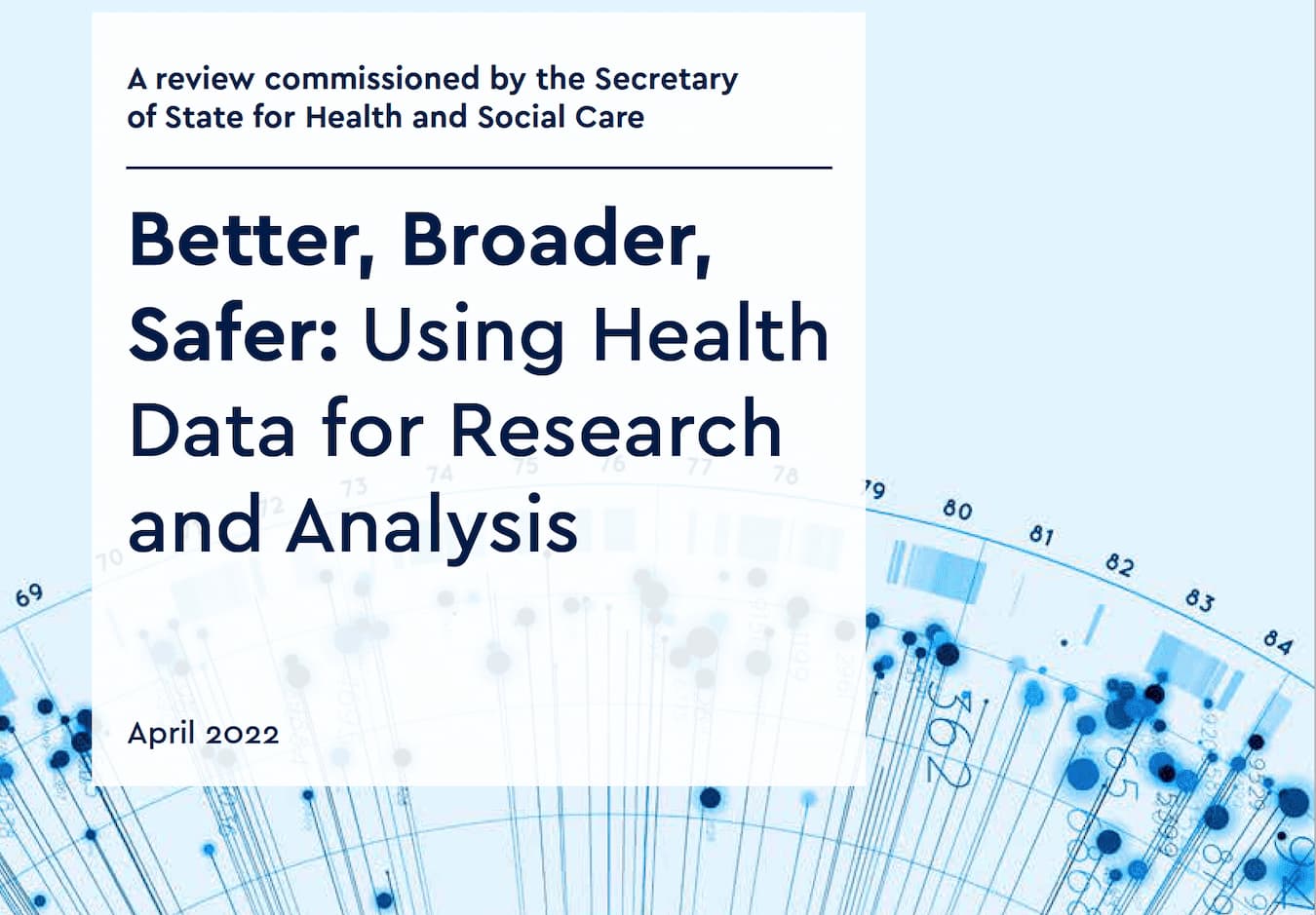
- Posted
- Categories
-
- OpenSAFELY
Using electronic health records and open science in the COVID-19 pandemic
We recently presented on behalf of our team (grp-EHR) at an open science workshop, hosted by the MRC Biostatistics Unit at the University of Cambridge. This was a great opportunity for us to reflect on our team’s experiences using OpenSAFELY, and more broadly embracing open and team science approaches to our work.
















